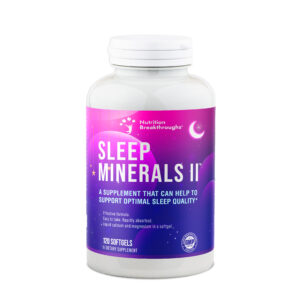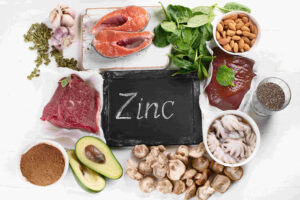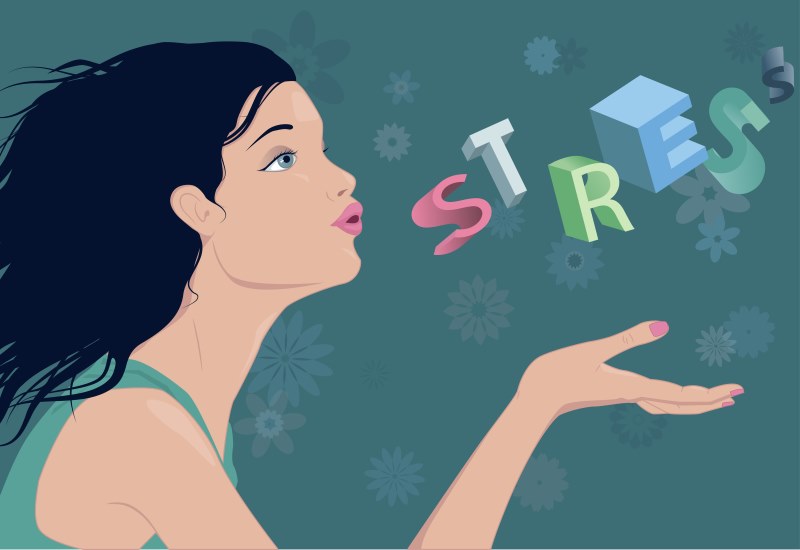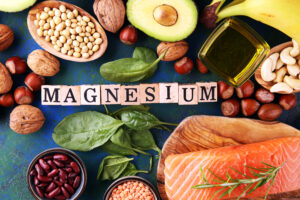 The FDA has recently heightened its warnings and restrictions for several sleep medications, citing side effects and addiction risks.
The FDA has recently heightened its warnings and restrictions for several sleep medications, citing side effects and addiction risks.
These include dependency, cognitive and memory impairments, daytime fatigue, nausea, dizziness, sleepwalking, driving while asleep, and increased risk of falls and accidents.
In an FDA article of March 6, 2024, the agency says that these complex sleep-related behaviors have also been linked to fatalities. Incidents of these behaviors are more prevalent with Lunesta, Sonata and Ambien, when compared to other sleeping medications.
This news has sparked higher interest and a greater demand for safer, more natural sleep aids such as calcium, magnesium, vitamin D, zinc, B vitamins, and others that have been proven effective.
According to HealthDirect, one significant risk associated with sleep drugs is the potential for developing a dependency. This can lead to reduced effectiveness over time and the necessity to take larger amounts. This increases the risk of side effects, and a person may feel unwell or face increased insomnia when attempting to discontinue their use. Note that any reduction in dose or discontinuation should be done in coordination with one’s prescribing doctor.
In hopeful contrast to this, recent studies point to the sleep-enhancing benefits of essential minerals and vitamins. These nutrients work naturally with the body, providing calming and restorative effects without the risks associated with pharmaceutical options. Several of them have additional benefits such as strengthening bones and teeth, boosting immunity, calming restless legs, relieving muscle cramps, and calming menopause symptoms.
Natural Sleep Aids for Better Sleep
- Calcium Calm: Known as a relaxation mineral, calcium aids the brain in converting the amino acid tryptophan into melatonin, the hormone responsible for sleep regulation. Research in the journal “Nutrients” has found that individuals with calcium deficiencies experience sleep disruptions more often than those with adequate levels.
- Magnesium for Sleep: This mineral supports muscle relaxation and reduces stress by regulating GABA, a natural chemical in the brain critical for restful sleep. The Journal of Research in Medical Sciences found that supplementing with magnesium remedies insomnia in older adults. The researchers commented that these results and benefits can also be expanded to the general population.
- Vitamin D: Adequate vitamin D levels are linked to improved sleep duration and quality. The results of a clinical trial of vitamin D supplementation was published in a recent issue of the journal “Medical Hypothesis.” Over a 2 year period, a consistent level of vitamin D was maintained in the blood of 1,500 people. This produced normal sleep in most of the participants.
- Zinc: Research published in the International Journal of Molecular Sciences demonstrated that zinc can help individuals fall asleep faster, stay asleep longer, and wake up feeling refreshed. Zinc is a vital mineral for sleep regulation and it is also the most important mineral for immune function.
Minerals and Vitamins: A Safer Path to Restful Sleep
Unlike sleep medications, minerals and vitamins offer sustainable, natural support without harmful side effects. Combinations of these nutrients in supplements work synergistically to relax muscles, calm the mind, and regulate the body’s sleep-wake cycle. For people seeking alternatives to sleep medications, supplements are an excellent choice, with proven effectiveness.
The popular natural sleep aid Sleep Minerals II from Nutrition Breakthroughs combines zinc, calcium, vitamin D and magnesium for sleep, to create an effective natural remedy for sleeplessness and insomnia. The blend of these essential minerals in a unique softgel form, work together to promote relaxation and improve sleep quality and quantity. The softgel is absorbed more rapidly and completely than tablets, capsules or gummies.
***** L.R.C. of Massachusetts says: “I had become dependent on sleeping drugs and couldn’t sleep without them. Now I take the Sleep Minerals II before bed and I can sleep through the night without drugs. I’m also able to easily fall back to sleep if I do have to get up. Another benefit is this helps alleviate my chronic fatigue and aches and pains.”
***** Doctor P. P. of Houston, Texas says: “I had developed sleeping problems and took two different sleeping medications over the course of several weeks. When I discontinued them the insomnia came back even worse. I literally got about 20 hours of sleep in 6 weeks time. Sleep Minerals II was just what I needed. I’ve been taking it for a couple weeks and getting many hours of sleep a night. As a doctor I would definitely avoid prescribing sleeping drugs — I would recommend Sleep Minerals II.”
For more information, visit the Sleep Minerals II page. 


 Greetings to you,
Greetings to you,




